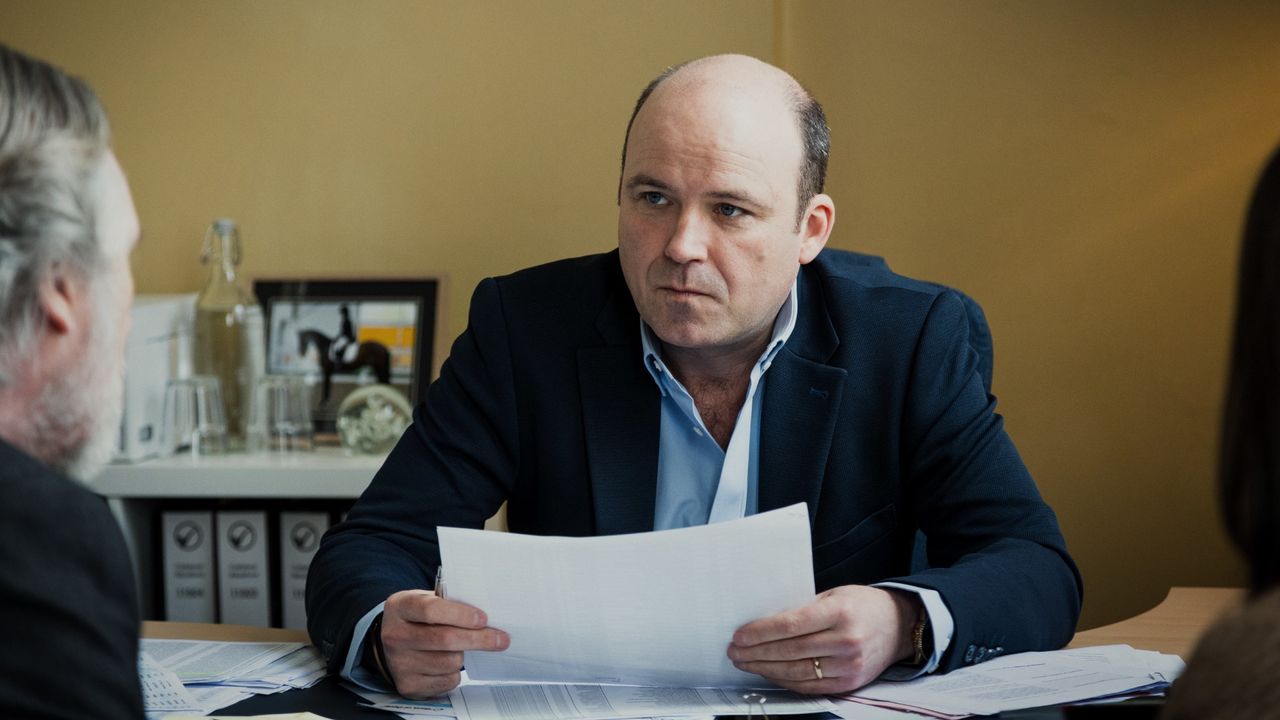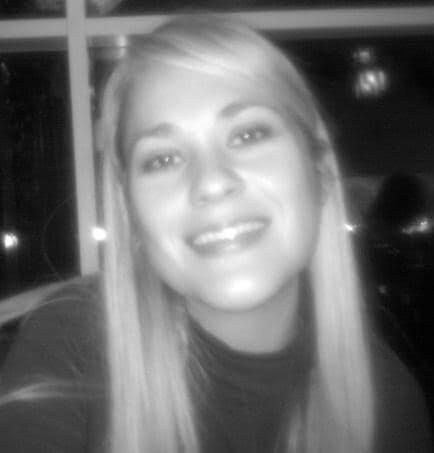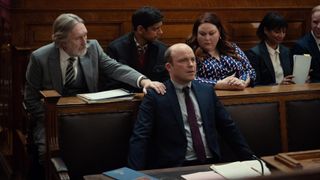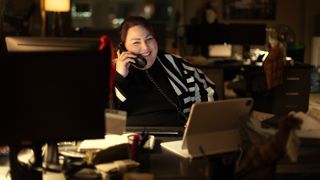Bank of Dave 2: How much of the Netflix sequel is true?
Most of the first film is based on a real story, but how much of the second outing really happened?


After the phenomenal success of Bank of Dave, Netflix were quick to bring audiences a sequel - but how much of Bank of Dave 2: The Loan Ranger really happened?
Rory Kinnear stole everyone's hearts when he took the lead role of Dave Fishwick for the 2023 film, Bank of Dave. Bringing the story of the creation of Burnley Savings and Loans Limited to life, the fascinating true story behind the first Bank of Dave film left many viewers wondering what happened to the real Dave Fishwick in the aftermath of events depicted in the movie - there was also a lot of interest surrounding whether or not Def Leppard really did play for the Bank of Dave fundraising event, and which of the supporting characters were based on actual people.
Such was the success of the movie, Netflix wasted no time in ensuring a sequel would hit our screens to continue Dave's story. Bank of Dave 2 moves viewers on by two years, with Dave taking on a new and formidable opponent other than the big banks – Payday Loan Companies. Along with American investigative reporter, Jessica, and Oliver, a local Citizen’s Advice counsellor, the trio embark on a journey that takes them to the United States to bring down a predatory industry. But how much of the second instalment actually happened? Let's take a look.
How much of Bank of Dave 2: The Loan Ranger is true?
Both Bank of Dave films have been billed as 'true-ish,' meaning that obvious creative licence has been given to them and some storylines have been embellished. It appears that a lot of the supporting characters have been created specifically for Bank of Dave 2, and investigative journalist Jessica (Chrissy Metz,) Citizen's Advice counsellor Oliver (Amit Schah,) loan shark Carlo Mancini (Rob Delaney) and the QuickDough and Snapcash Advance loan companies are not real.
Audiences are unlikely to be surprised to learn that the latter end of the film is largely made up for entertainment purposes - running from shady villains, extradition orders and Def Leppard stepping in to facilitate a Mission: Impossible style escape from New York, did not happen. The real life loan companies did use some "dirty tricks" to try and stop Dave Fishwick taking them down, as he's explained, just not quite the ones depicted in the film.
If you're interested in the real story behind the film it'll be told in a documentary of its own titled The Loan Ranger, which will air on Netflix from January 15. Speaking to Radio Times about the continuation of the story being made into another movie and referencing the documentary, actor Rory Kinnear says, "I guess the fact that you have that documentary in existence means that it's quite easy to find out the origin story, as it were."
Kinnear adds, "And we're not hiding the fact that part of this story is embellished. But if you go back to those documentaries, you will see that, you know, 75 per cent of the film is based in the truth.
Sign up for the woman&home newsletter
Sign up to our free daily email for the latest royal and entertainment news, interesting opinion, expert advice on styling and beauty trends, and no-nonsense guides to the health and wellness questions you want answered.
And I guess you also want to make sure that people watch it and are transported, and that these are meant to be transporting, diverting, inspiring films – rather than just necessarily fact-based documentaries."
However, the key part of the narrative - Dave Fishwick feeling very strongly about the conduct of loan companies, is very real. Dave has done a lot of work to ensure the government introduced new legislation to provide better protection against such money lenders. He was also keen to add authenticity by insisting Netflix film scenes in his favourite Burnley pub, and even within his own home.

When asked for his own perspective on the accuracy of the story, Dave Fishwick is also keen to ensure audiences know just how much effort he put into preventing loan companies ruining lives. "Myself and David Henshaw, my right-hand man – he's the bank manager of the Bank of Dave [and] he's been with me right from the beginning – we went after them for real, and we dug a lot of people out of spirals of debt," he says.
Dave continues, "And when we went after the payday loans, that's real. The origination of payday loans is all in America. So we went after them in America for real. And [then] they came after me back. They really tried some dirty tricks and… it's very similar to the movie.
It was very important that we put in a lot of what really happened. We went after the payday loans, and we went knocking on the doors where we thought the addresses were, because I tried to pay them back what customers owed to them, and they just wouldn't take my calls so I went after them."
Adding more context to his story, Dave concludes, "So me and David H went down to London, buzzing on all the doors. And they were just cupboards with PO boxes on them that related to America. So in the end, I had to go to America!"

Dave's incredibly commendable work shines a light on the sheer number of banks closing each month - around 54 - meaning the public might struggle to access cash with around 15,000 cash machines gone as a result of closures.
Dave explains that this is sure to see the "rise and rise of the loan shark," asserting, "I'm going to see if I can get as many as I can shut down. So what this movie does is fun. It's entertaining. It's a feel-good story, but it's real and it has real purpose."
The film's closing credits are a testament to just how much good work Dave has done, when it's revealed that partly because of him, 50 of the biggest payday loan companies have since gone bust. Specifically, Wonga is now no more, and this is a company Dave particularly wanted to target - his work, whether dramatised or embellished, is to be applauded.

Lucy is a multi-award nominated writer and blogger with seven years’ experience writing about entertainment, parenting and family life. Lucy worked as a freelance writer and journalist at the likes of PS and moms.com, before joining GoodtoKnow as an entertainment writer, and then as news editor. The pull to return to the world of television was strong, and she was delighted to take a position at woman&home to once again watch the best shows out there, and tell you why you should watch them too.
-
 Julianne Moore's best beauty looks over the years
Julianne Moore's best beauty looks over the yearsBy Lucy Abbersteen Published
-
 What is colour drenching and why is it so popular? Experts reveal all
What is colour drenching and why is it so popular? Experts reveal allTransform your home with colour drenching, a simple yet bold technique that unlocks the potential of a single shade
By Jayne Cherrington-Cook Published
